Winter Skincare: Why You Need Face Cream In The Winter
Winter brings with it chilly temperatures, harsh winds, and dry indoor heating, all of which can wreak havoc on your skin. It's during these colder months that your skin requires extra care and attention to maintain its health and radiance. One crucial element of your winter skincare routine that should not be overlooked is face cream. In this blog, we will explore the reasons why face cream is a winter skincare essential and provide you with tips on selecting the right product for your needs.
The Winter Skin Challenge

Winter weather conditions can strip your skin of its natural moisture, leaving it dry, flaky, and prone to irritation. There are several factors at play during this season that can contribute to these skin issues:
1. Cold Temperatures
The frigid air of winter can cause your skin to lose moisture more rapidly. The cold temperatures can constrict blood vessels and reduce the flow of natural oils to the skin's surface, resulting in dryness and tightness.
2. Dry Indoor Heating
Indoor heating systems, though essential for staying warm in the winter, can sap the humidity from the air. This low humidity environment can dehydrate your skin, making it feel parched and itchy.
3. Harsh Winds
Winter winds can be particularly harsh on your skin. They can strip away the protective barrier that keeps moisture in, leaving your skin exposed to the elements and more susceptible to damage.
The Role of Face Cream in Winter Skincare

Now that we understand the challenges our skin faces during the winter months, let's delve into why face cream is a must-have in your winter skincare arsenal:
1. Hydration
Face creams are formulated to provide your skin with the hydration it desperately needs in the winter. They contain ingredients such as hyaluronic acid, glycerin, and ceramides that lock in moisture, preventing water loss and maintaining skin suppleness.
2. Barrier Protection
A good face cream creates a protective barrier on your skin's surface. This barrier helps shield your skin from the harsh environmental factors like cold winds and low humidity, reducing the risk of dryness, redness, and chapping.
3. Prevention of Irritation
Dry and dehydrated skin is more prone to irritation and redness. Face creams with soothing ingredients like aloe vera and chamomile can help calm irritated skin, providing much-needed relief during the winter.
4. Nourishment
Face creams often contain essential vitamins, antioxidants, and nutrients that nourish your skin. These ingredients promote overall skin health, leaving your complexion looking radiant even in the coldest months.
5. Anti-Aging Benefits
Many face creams, especially those designed for winter use, contain anti-aging ingredients like retinol or peptides. These ingredients can help reduce the appearance of fine lines and wrinkles, which can be exacerbated by dry winter air.
Maintaining Your Beauty Routine for Spring and Summer

While winter skincare is essential, it's equally important to transition smoothly into your beauty routine for spring and summer. Here are some tips to ensure your skin remains vibrant and healthy as the seasons change:
1. Lighten Up Your Products
As the weather warms up, consider switching to lighter skincare products. Opt for a lightweight moisturizer or hydrating serum instead of a heavy face cream.
2. Add Sunscreen
With increased sun exposure, sunscreen becomes even more critical. Choose a broad-spectrum sunscreen with at least SPF 30 and apply it daily, even on cloudy days.
3. Exfoliate Regularly
Exfoliation helps remove dead skin cells and promote a fresh, glowing complexion. Use a gentle exfoliant 2-3 times a week to maintain skin clarity.
4. Stay Hydrated
Keep your skin hydrated from the inside out by drinking plenty of water. Hydration is essential for maintaining healthy, glowing skin in any season.
5. Adjust Your Makeup Routine
Consider using lighter, more breathable makeup products in the warmer months. Look for formulations that are oil-free and non-comedogenic to prevent breakouts.
Incorporating Face Cream into Your Winter Skincare Routine

To maximize the benefits of your winter skincare routine, follow these steps:
1. Cleansing
Start by cleansing your face with a gentle, hydrating cleanser. Avoid using hot water, as it can further dry out your skin.
2. Toning
Use a alcohol-free, hydrating toner to balance your skin's pH and prepare it for the next steps.
3. Serum (Optional)
If you use a serum, apply it before your face cream. Serums are highly concentrated and can provide additional nourishment and targeted treatments.
4. Face Cream
Apply your chosen face cream generously, focusing on areas prone to dryness and irritation. Gently massage it into your skin using upward motions.
5. Sunscreen (Daytime Only)
If your face cream doesn't contain SPF, layer on sunscreen for daytime protection.
6. Night Cream (Nighttime Only)
For your nighttime routine, consider a richer, more intensive night cream to repair and rejuvenate your skin while you sleep.
Conclusion
Face cream is an indispensable component of your winter skincare routine. Its ability to hydrate, protect, and nourish your skin is essential in combating the harsh effects of cold temperatures, dry indoor heating, and brisk winds. By choosing the right face cream for your skin type and following a proper skincare regimen, you can ensure that your skin remains healthy, radiant, and resilient throughout the winter months. Don't let the cold weather dull your complexion; embrace the power of face cream and enjoy a winter glow that rivals any other season.


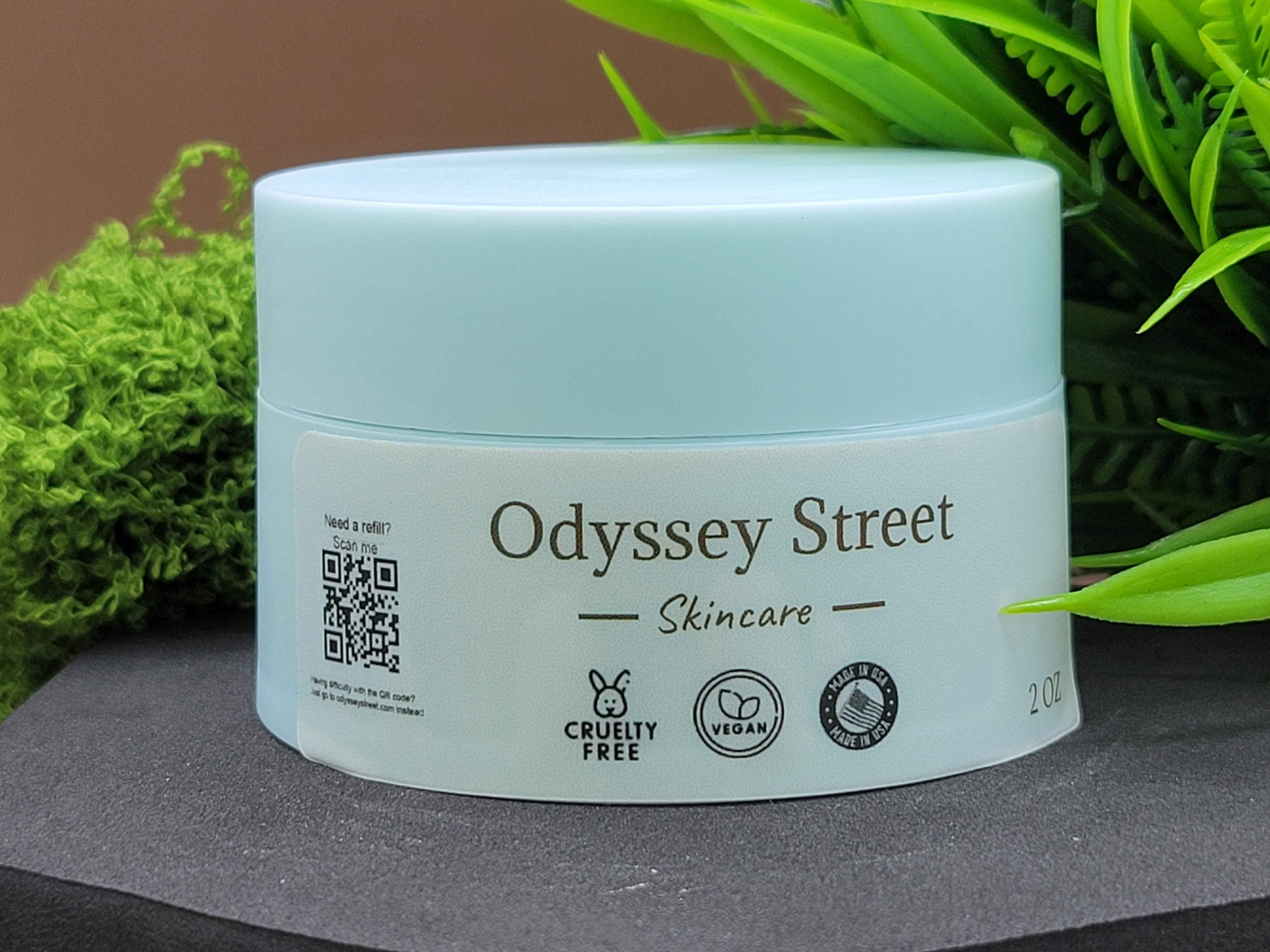
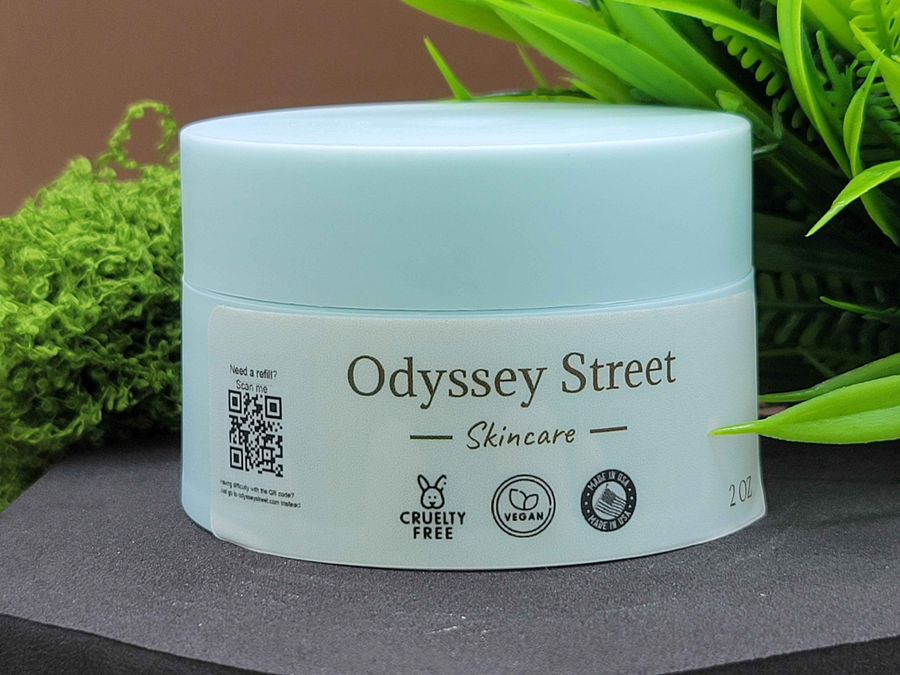
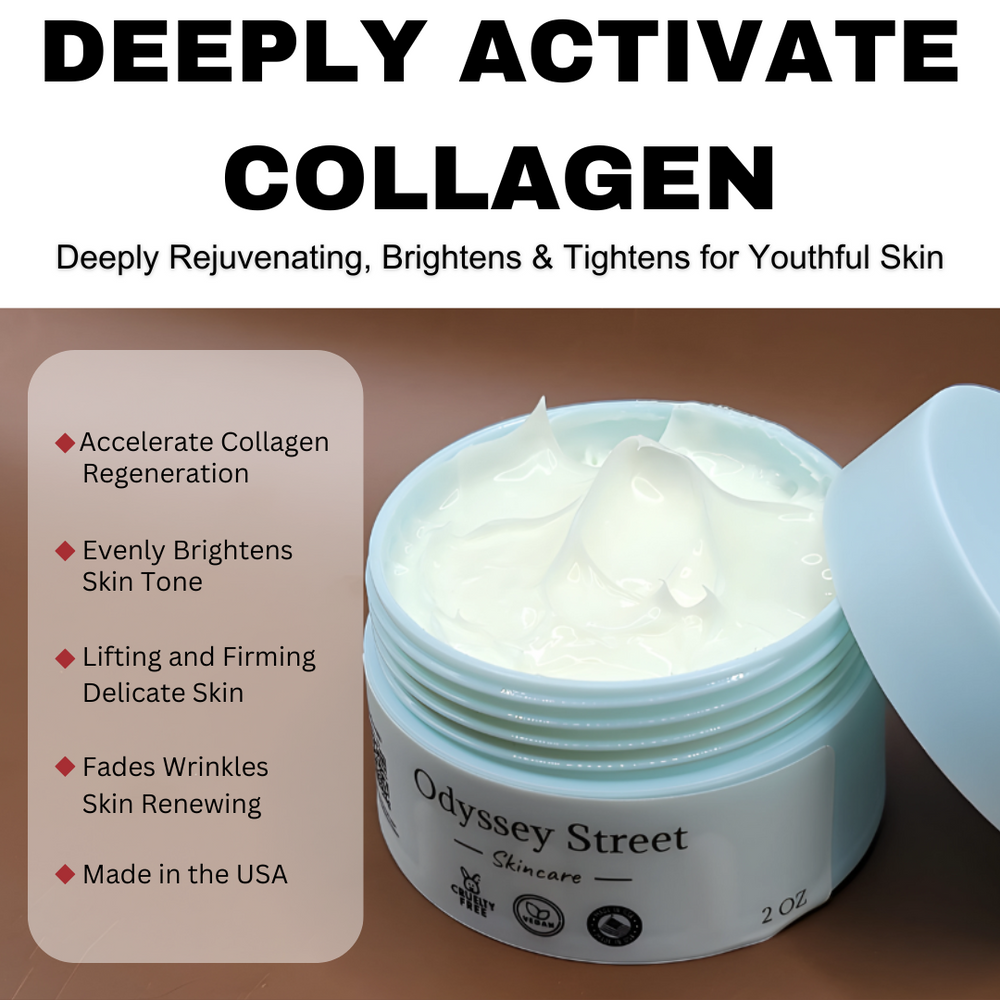




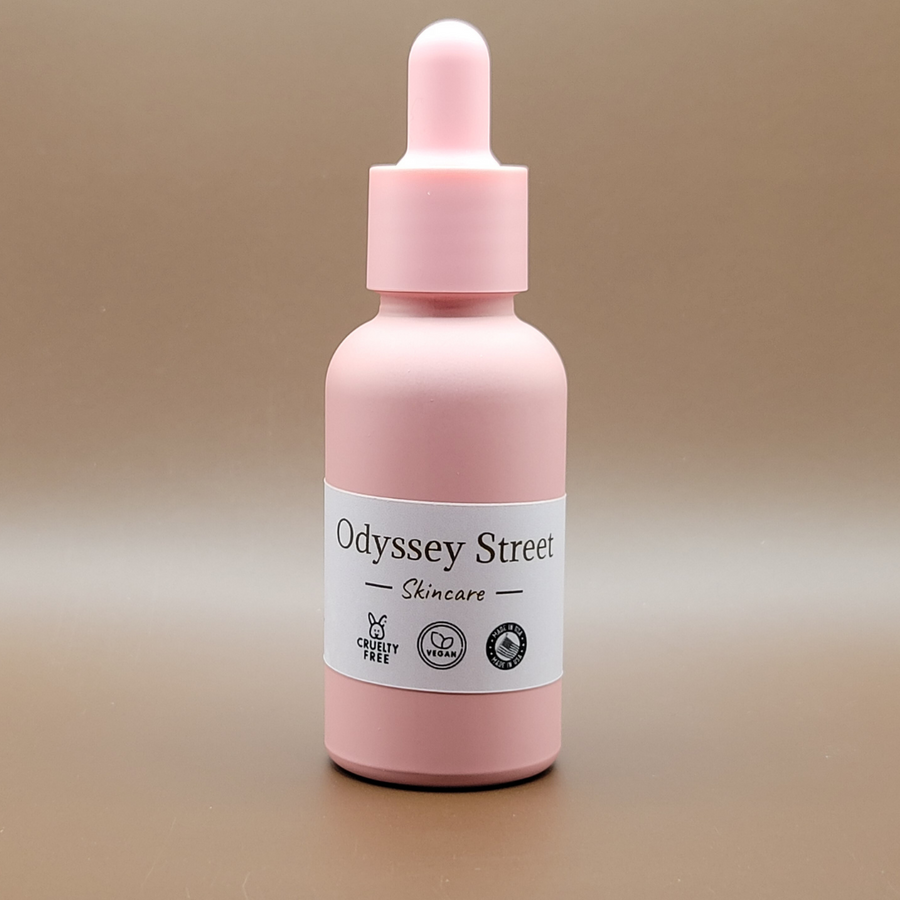
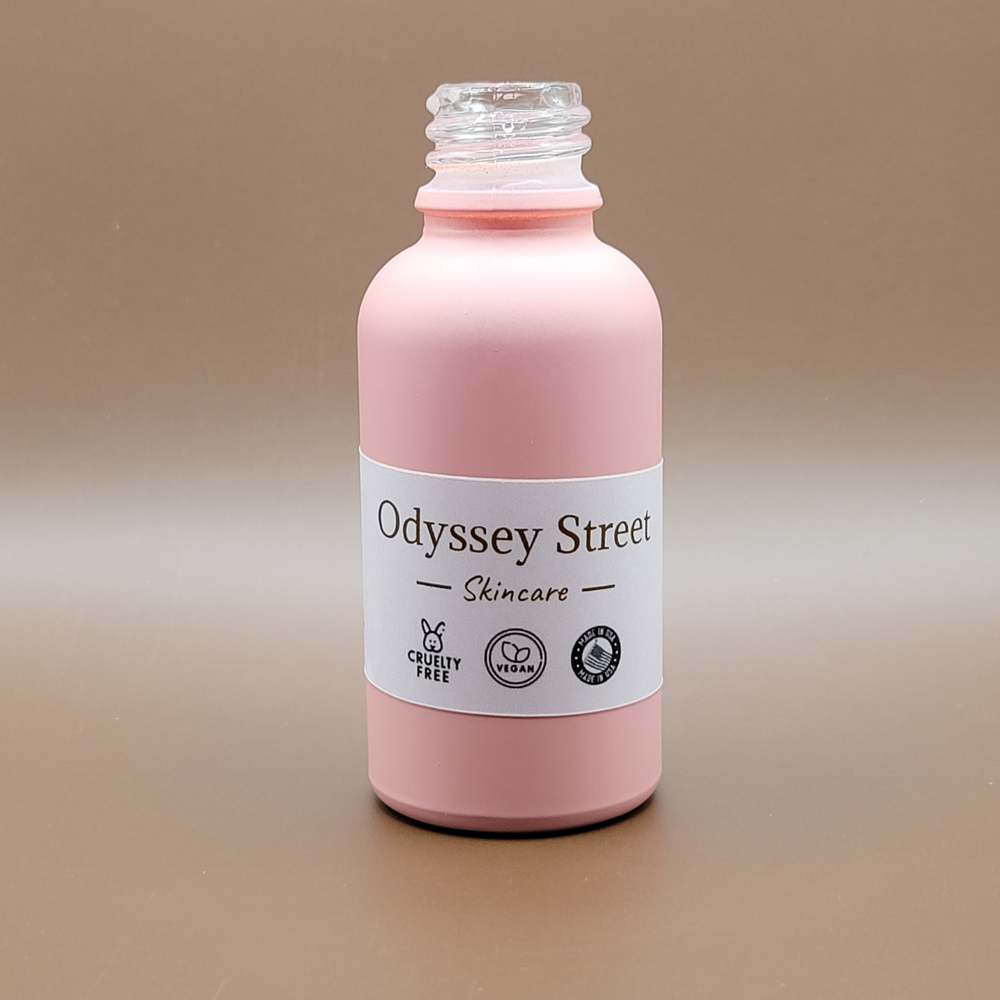
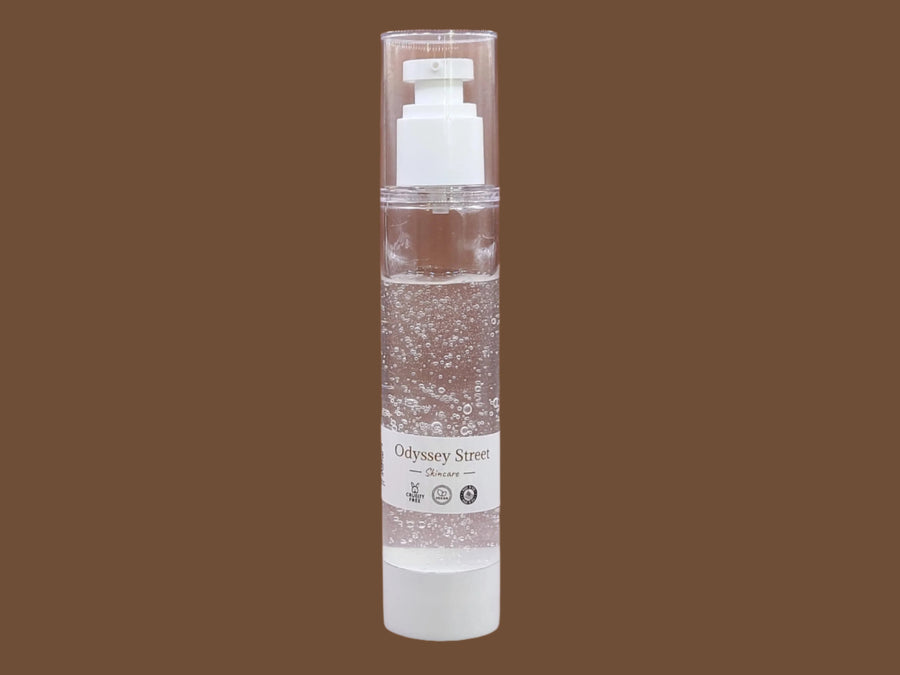

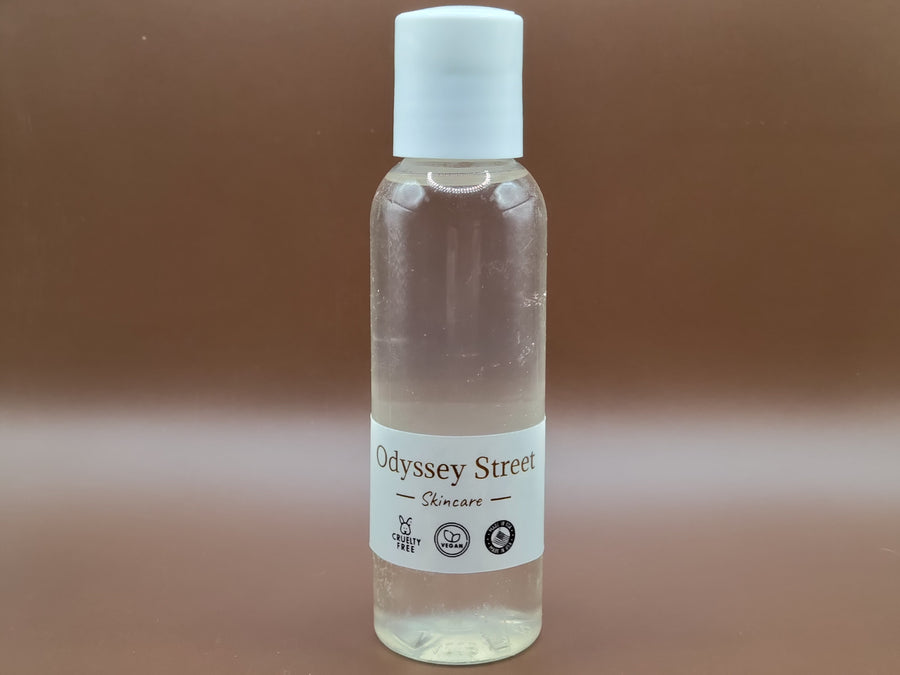
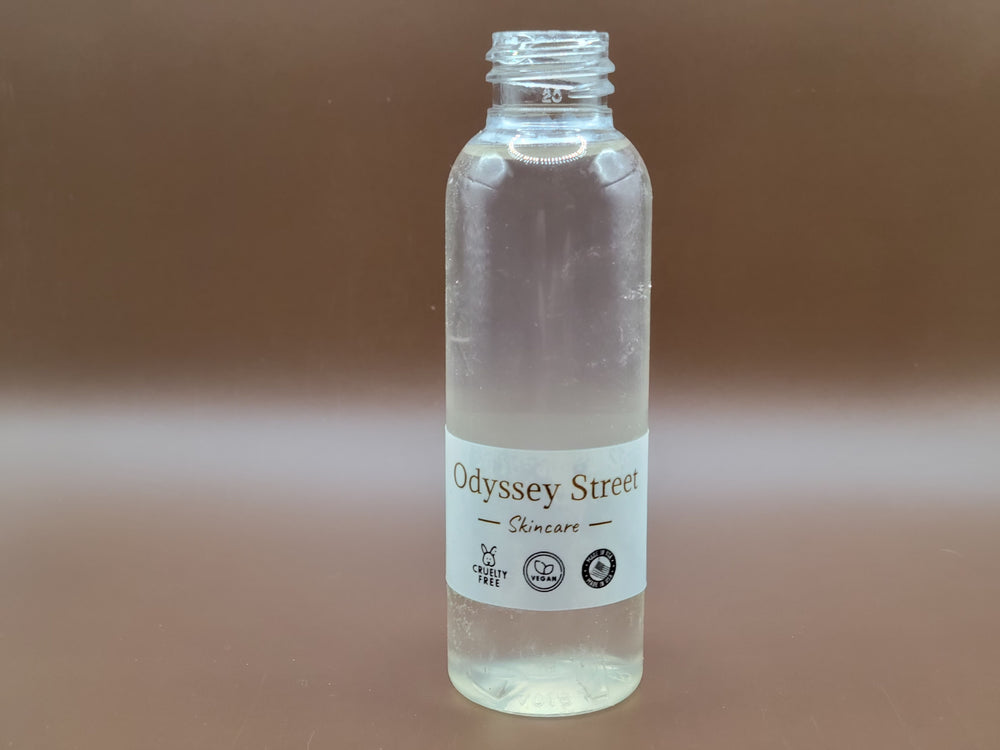
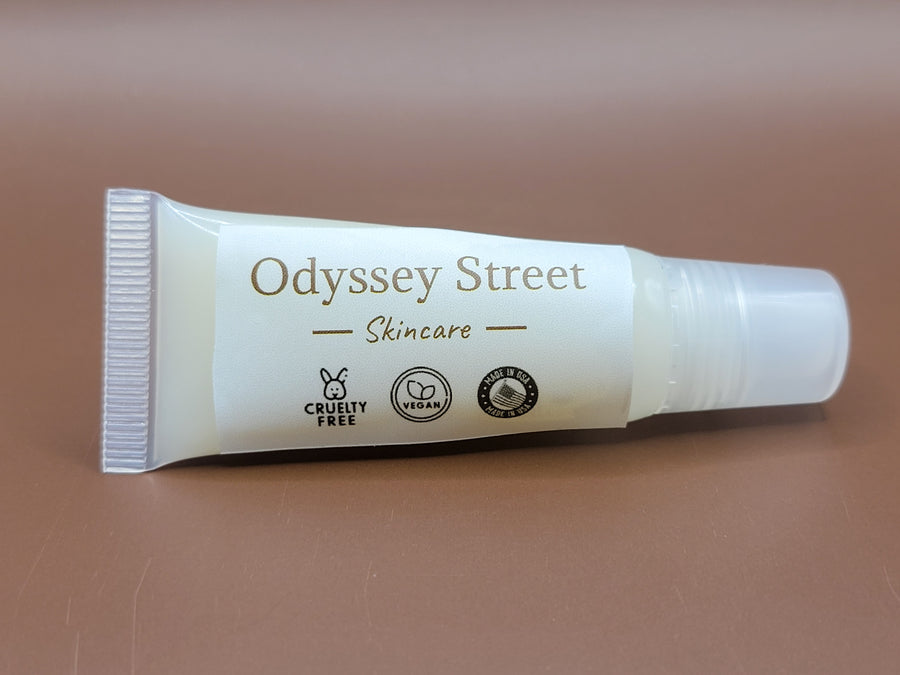
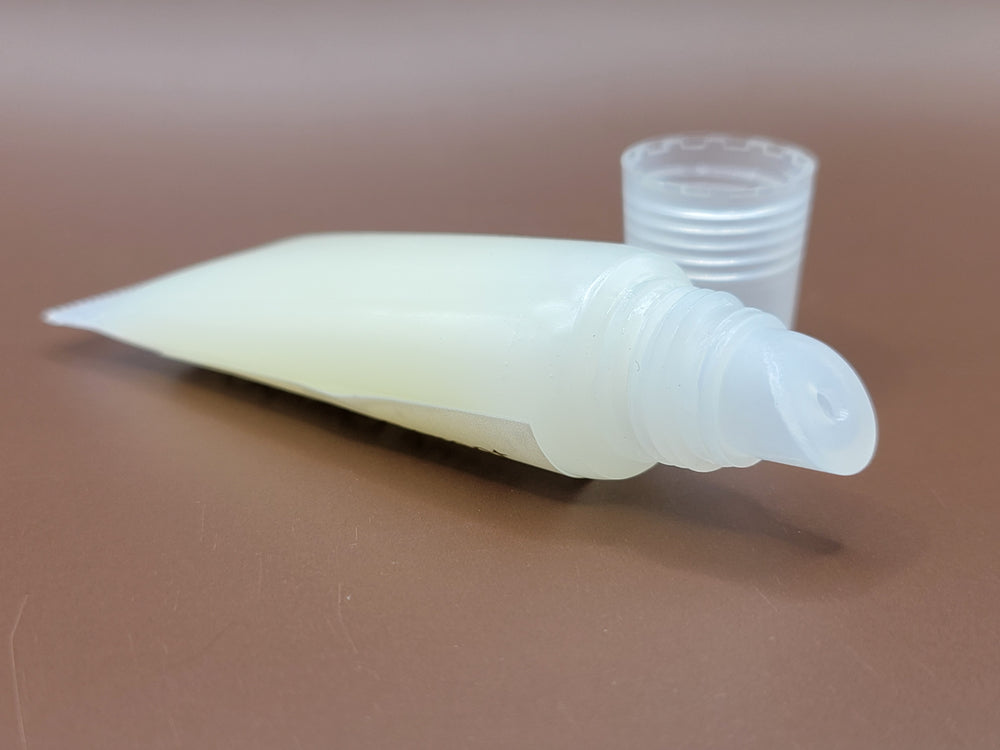
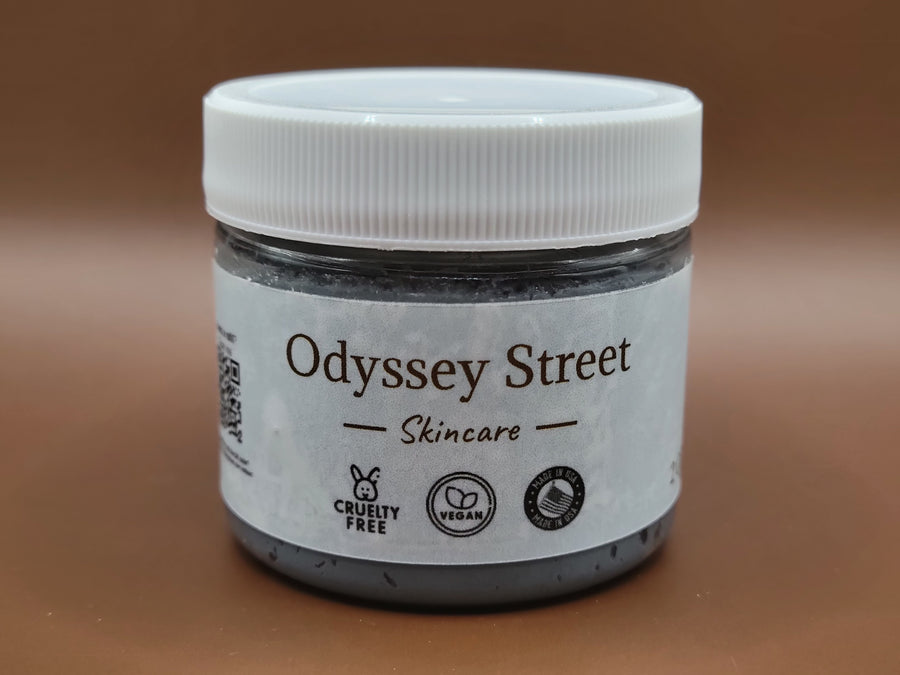
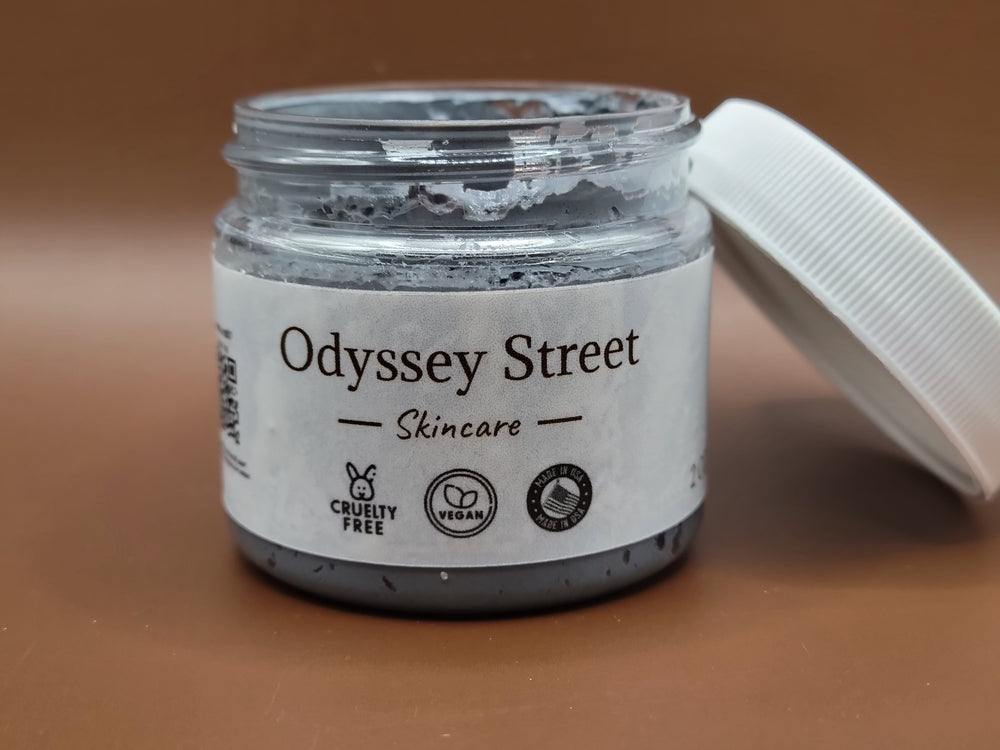
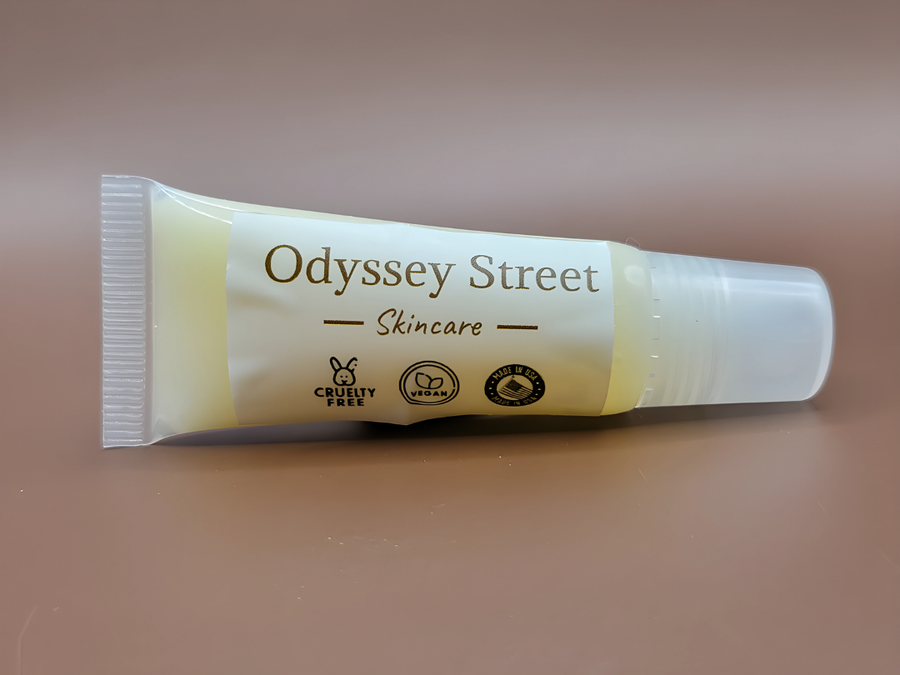
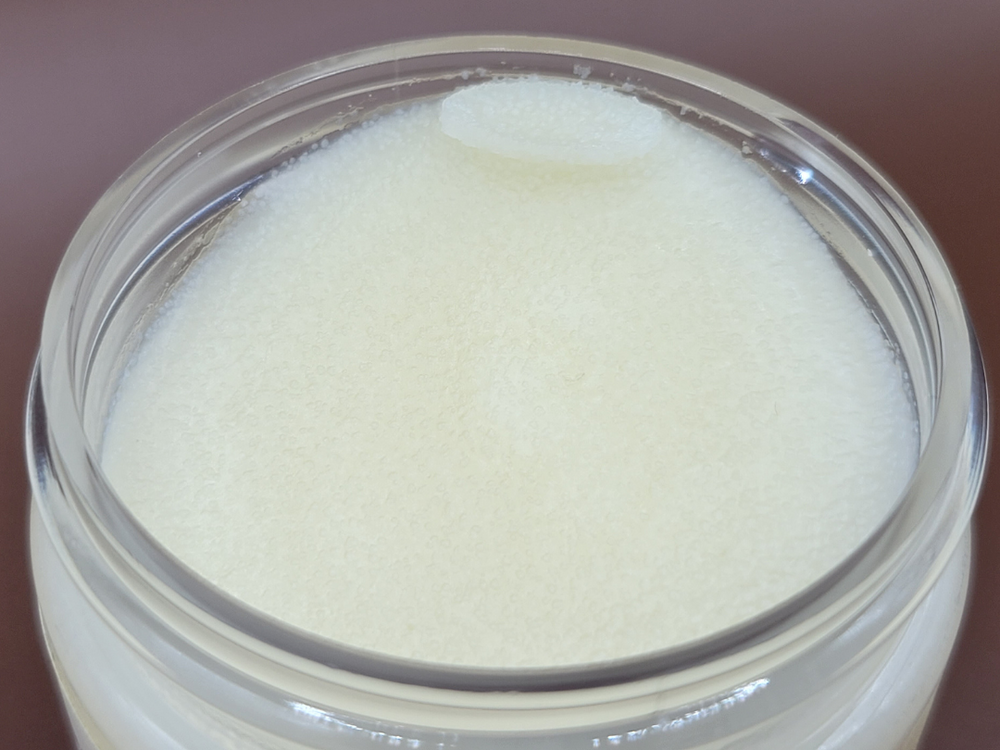
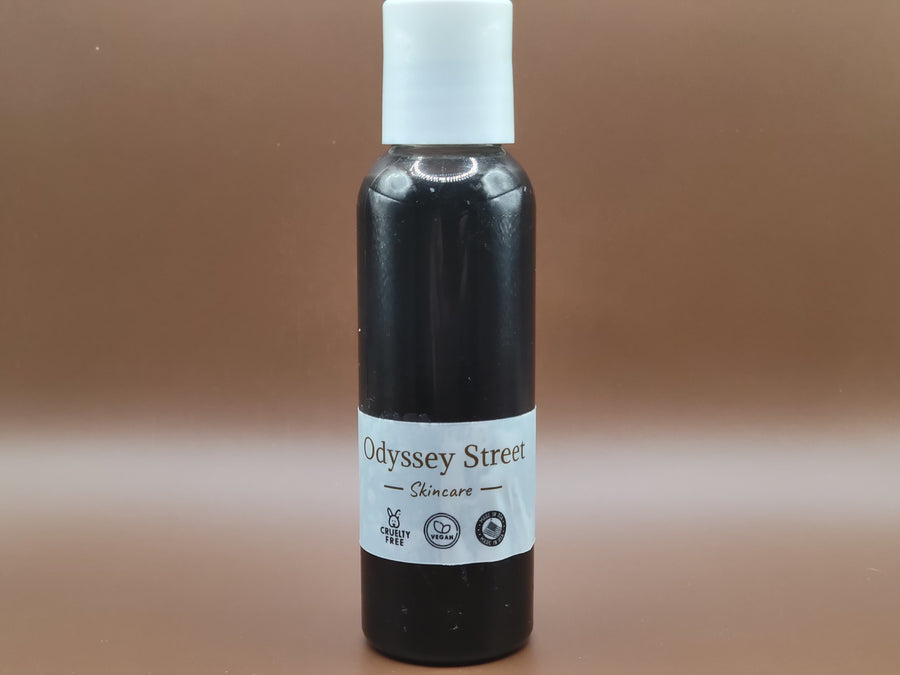

Leave a comment